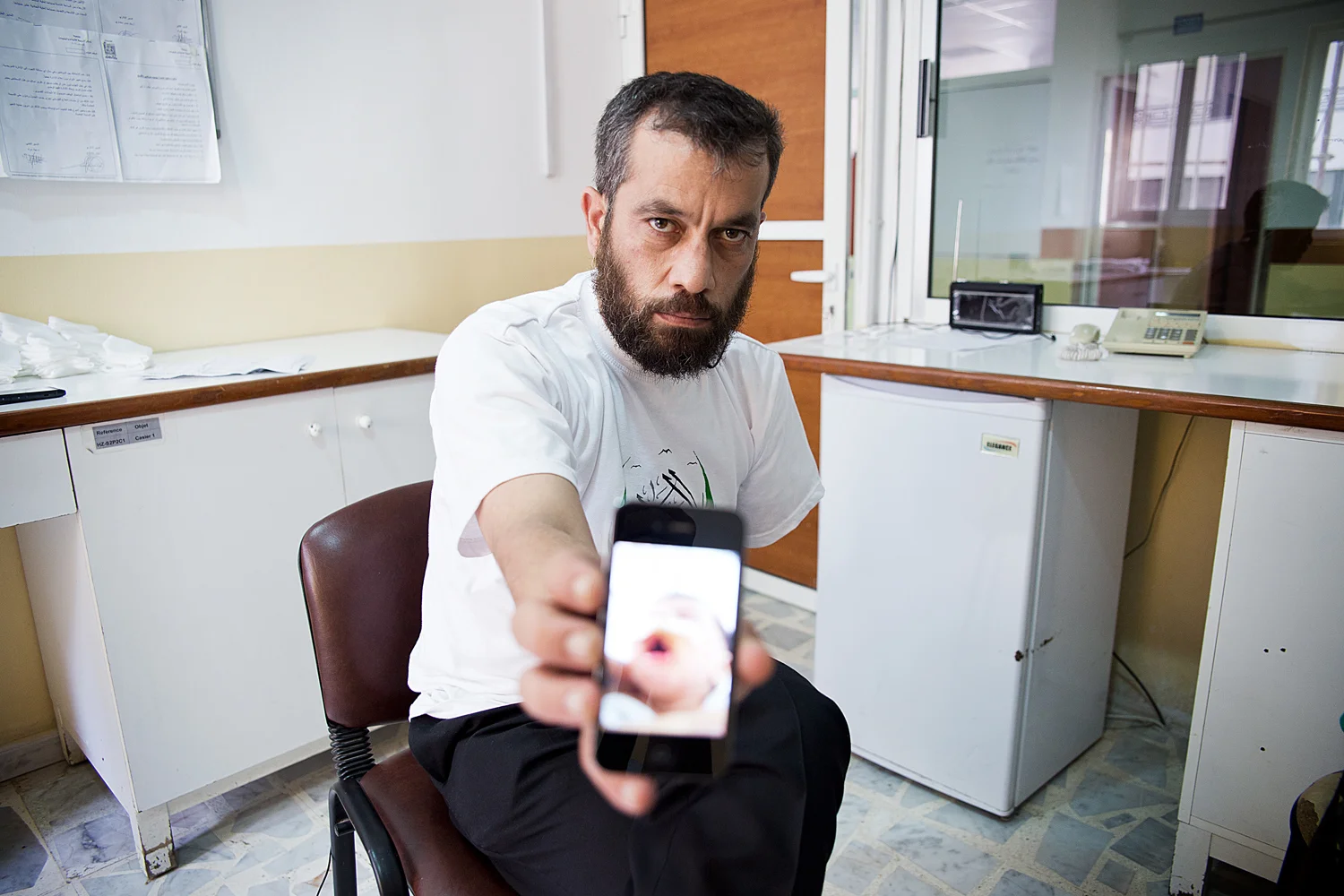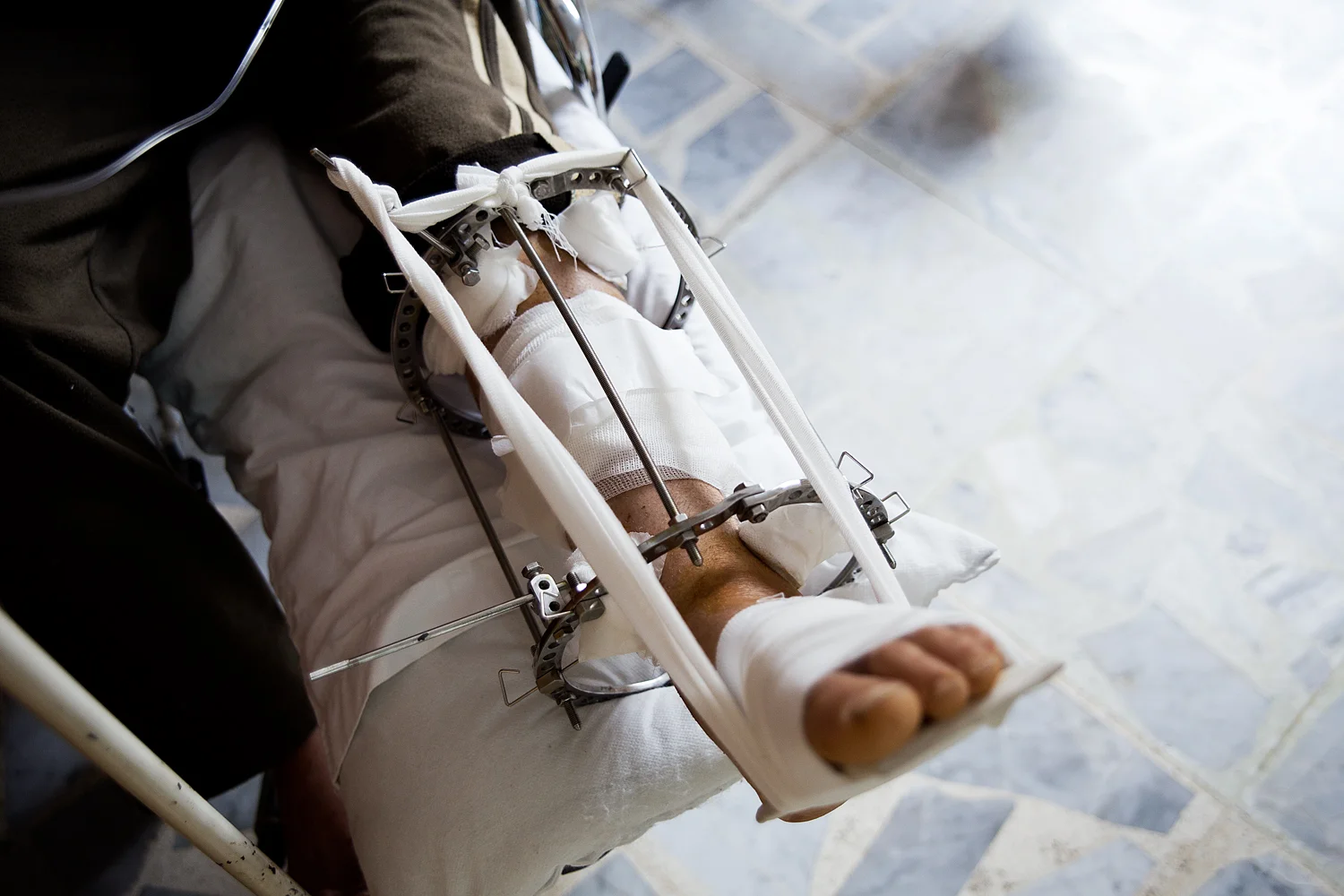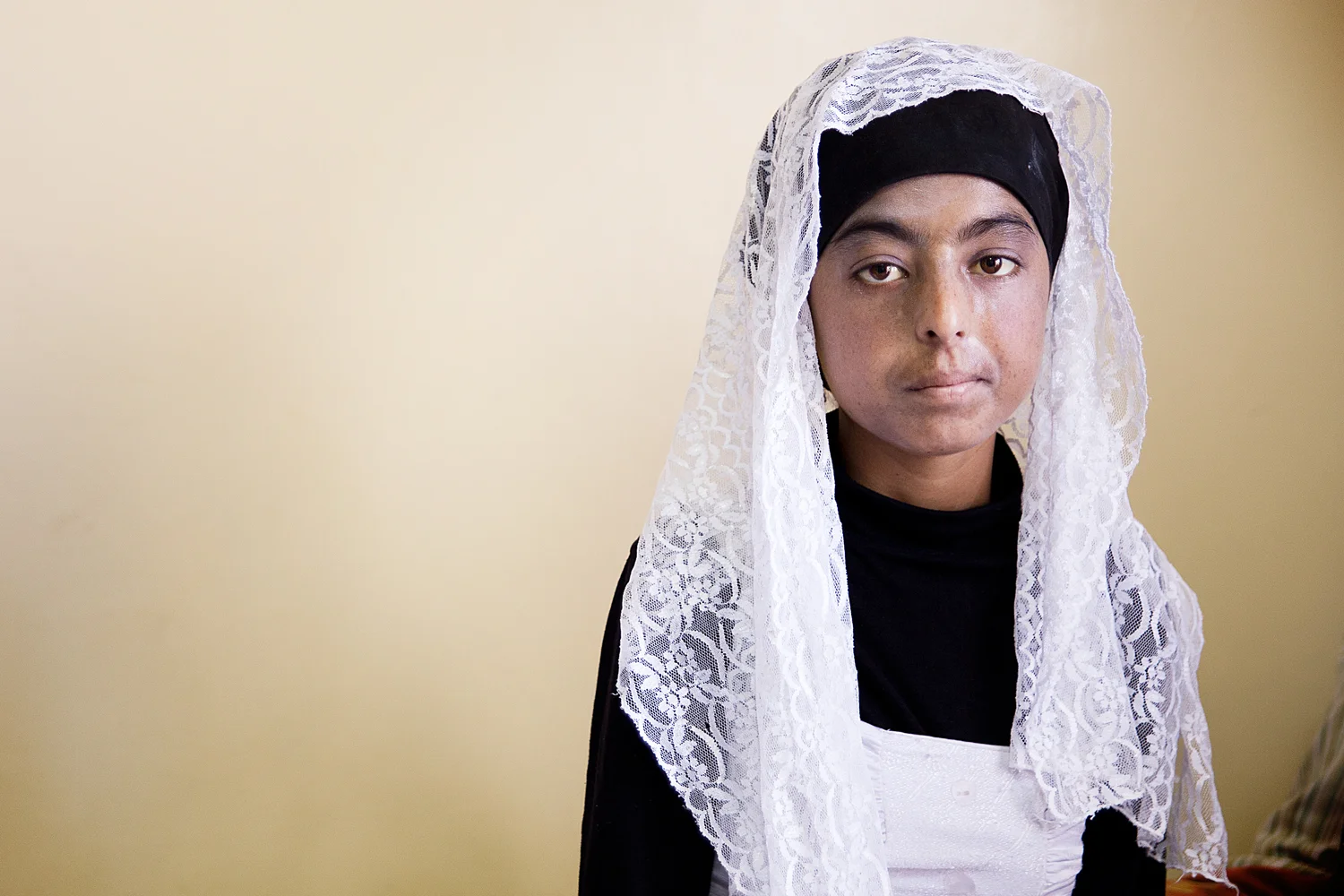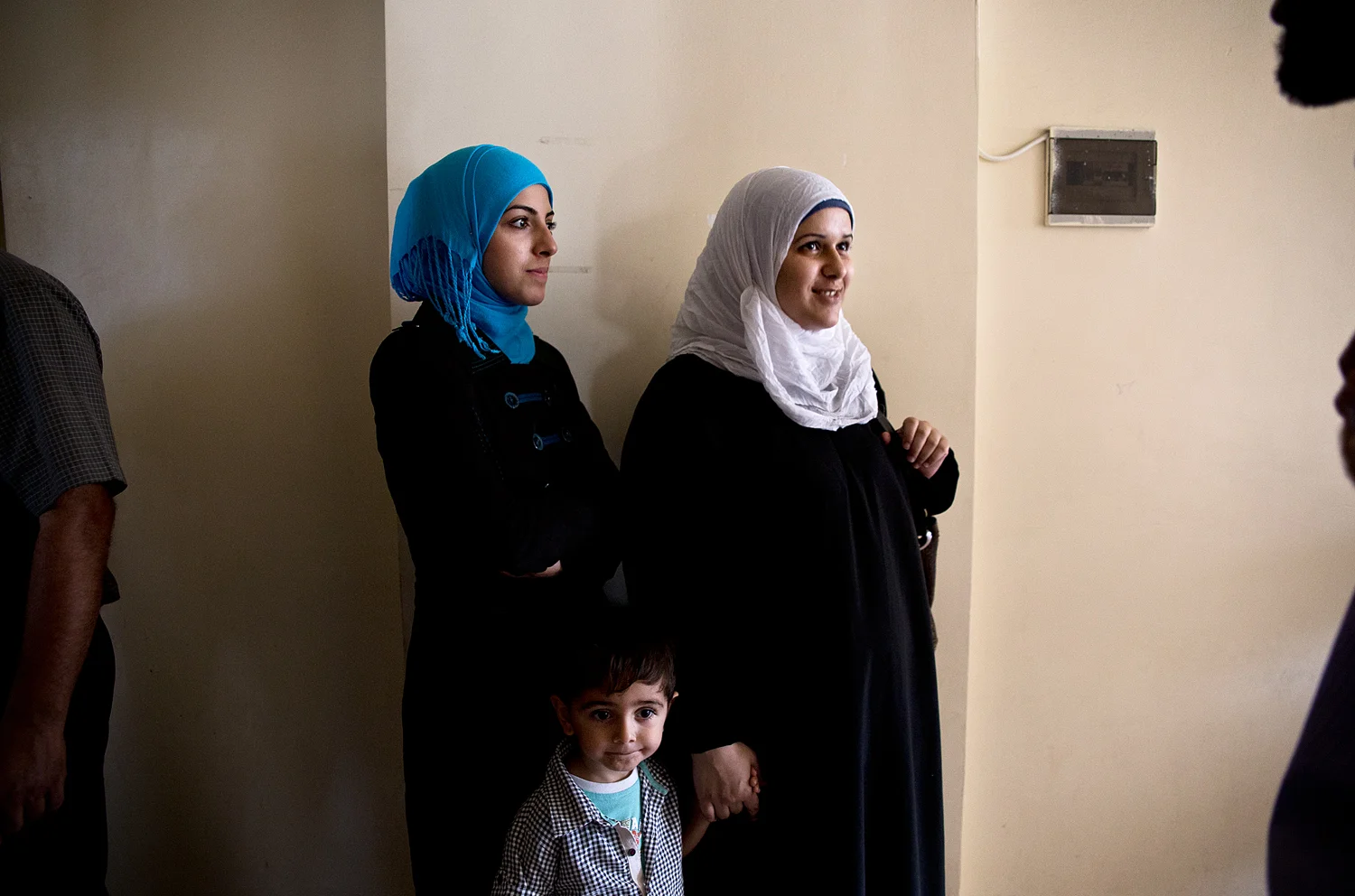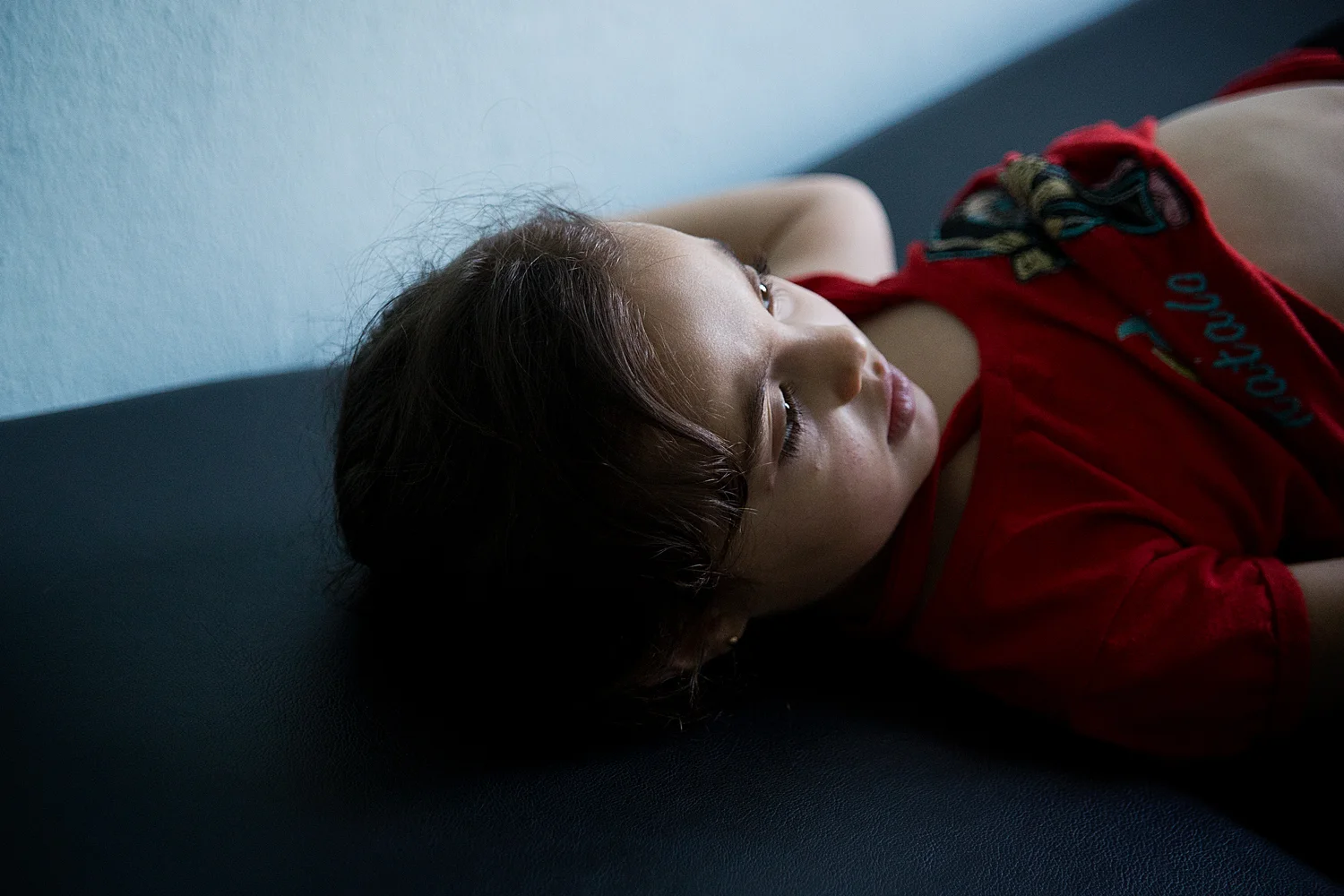During video interviews, doctors tend to show cell phone
photos of injuries that come into the hospital.
Usually, I switch focus to the picture, because that’s what good camera
people do, presumably, but I didn’t for this shot, so I don’t have any better
idea what’s in this photo than you do. I
can say that my friend and translator winced when he saw it, though he had the
added disadvantage of understanding what this man was saying.
And yes, he’s missing an arm. He wasn't a doctor. He was an opposition fighter who was forced to crawl through sewage with a wounded arm. By the time he reached Tripoli, an infection had developed and doctors were forced to amputate. He eventually became a patient advocate at the hospital.
